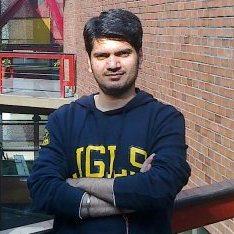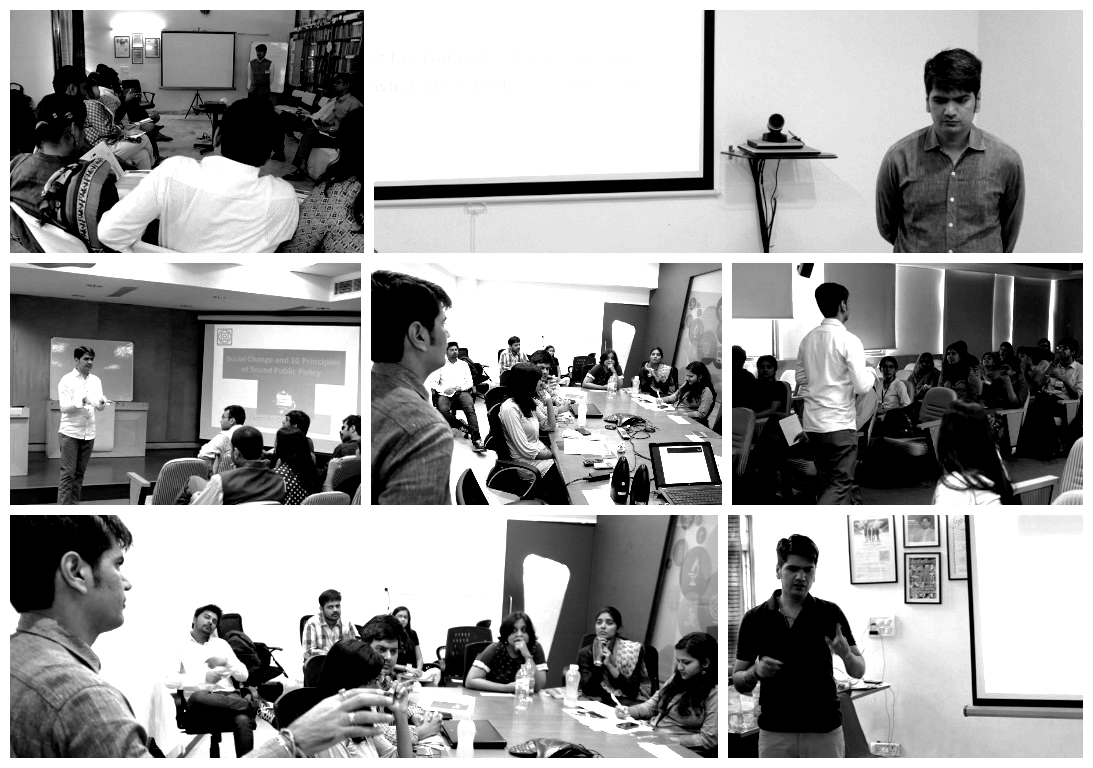Lawyer, currently working at CCS as Manager, ijustice
 Q1. Short introduction to who you are?
Q1. Short introduction to who you are?
I am from Delhi. I am a lawyer and used to practice formerly in the Supreme Court as an advocate. I used to handle all kinds of commercial matters such as banking, mining and others. I finished my masters at LLM, Sonepat in 2012.
Q2. Current professional life?
I head the legal department known as iJustice at CCS. One of the main functions of the department is litigation in connection with education and livelihood. Whenever we see there is some regulation that hampers choice and competition in these areas, we try and take it up. We also write case notes and legal research papers.
Q3. What program did you participate at CCS? How has CCS programs helped you to grow and apply in personal and professional life?
I had attended an I, Society and Public Policy program in 2006 in Delhi. I had not been exposed to the ideas of public policy back then. I remember that I came across the program online for applications. Then I got selected from a pool of people. The program was interesting in terms of social sciences and social economic issues. Some sessions were thought-provoking, such as the right to information, which brought in the idea of citizen empowerment—asking the government to answer your questions. Post seminar, I filed RTIs and we could get answers. It was encouraging to know that you could get answers from the government. I filed RTIs to know about the money spent on Deer Park by DDA. I was interested in non-profit activism. We made a documentary called ‘Third Wheel’ about intermediate public transport in Delhi—the research brought out some interesting facts.
In 2007, I thought of doing a Masters in Public Policy and Social Work. Then I came across DU law entrance and easily got through and I joined in 2007 and then graduated in 2010.
 Q4. What interest/motivates you, keep going?
Q4. What interest/motivates you, keep going?
I think it is the optimism that solutions exist, it’s just that we need to advocate more diligently about these issues. We need to make policymakers aware about these issues.
Q5. Your inspiration?
Nani Palkhiwala, a great libertarian lawyer—many lawyers admire him. He was pro-free market ideas. Plus, the conviction that he had was inspiring. He defended the basic structure of constitution and private property.
Q6. Your success/wins/achievements?
I write about contemporary issues in Hindi and English newspapers and magazines. I have written for Swarajya, an online magazine. I write for Nai Duniya and Rajasthan Patrika.
Recently, I was awarded for the best legal research paper in professional category by Auro University in Surat. My paper was titled RTE: Another Licence Raj—A case study from Punjab.
Q7. What is some advice you would give on studies and career choices the students make in their life?
I would tell students that more than degrees, it would be better to get hands on experience. You know—after graduation, work for a couple of years and then get a degree. Inclination for research is very important. Don’t go by rhetoric, go by evidence. You should be really passionate about what you do. You need to have hunger for work.
Q8. Are you in touch with your peers?
I am. I have been friends with some of them. I meet up with them occasionally and some of them are very close friends.
Interviewed by Vishnu Varma, Sub-Editor of NDTV Convergence | 15 November 2014

